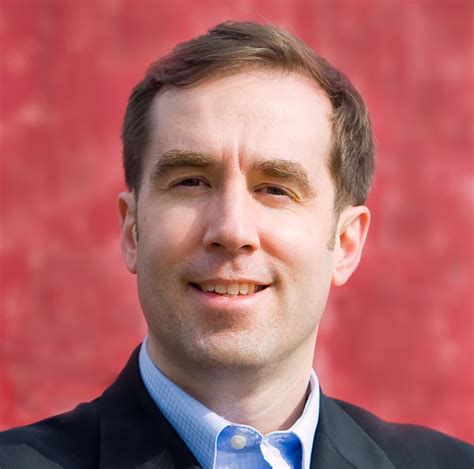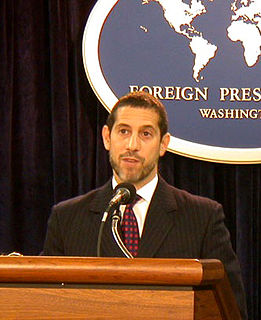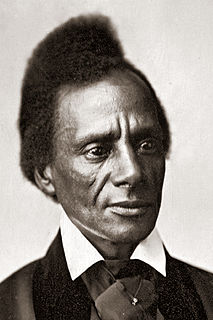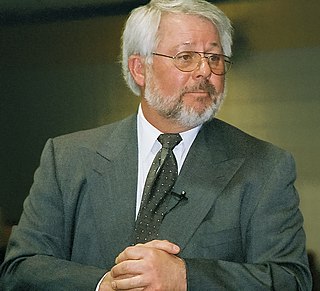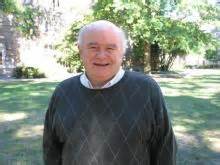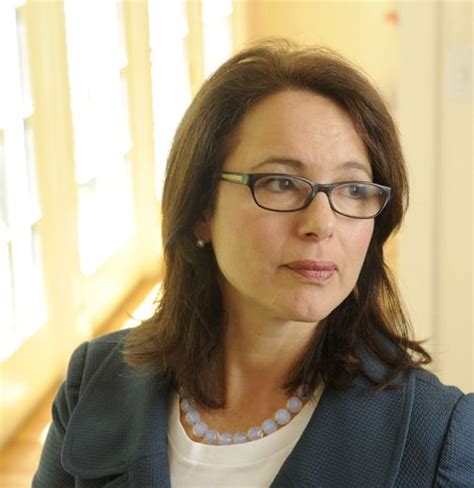A Quote by Marshall Ganz
Hope is the belief in the probability of the possible rather than the necessity of the probable.
Related Quotes
The source of Pyrrhonism comes from failing to distinguish between a demonstration, a proof and a probability. A demonstration supposes that the contradictory idea is impossible; a proof of fact is where all the reasons lead to belief, without there being any pretext for doubt; a probability is where the reasons for belief are stronger than those for doubting.
Nature prefers the more probable states to the less probable because in nature processes take place in the direction of greater probability. Heat goes from a body at higher temperature to a body at lower temperature because the state of equal temperature distribution is more probable than a state of unequal temperature distribution.
Just as entropy is a measure of disorganization, the information carried by a set of messages is a measure of organization. In fact, it is possible to interpret the information carried by a message as essentially the negative of its entropy, and the negative logarithm of its probability. That is, the more probable the message, the less information it gives. Cliches, for example, are less illuminating than great poems.
[Attributing the origin of life to spontaneous generation.] However improbable we regard this event, it will almost certainly happen at least once.... The time... is of the order of two billion years.... Given so much time, the "impossible" becomes possible, the possible probable, and the probable virtually certain. One only has to wait: time itself performs the miracles.


